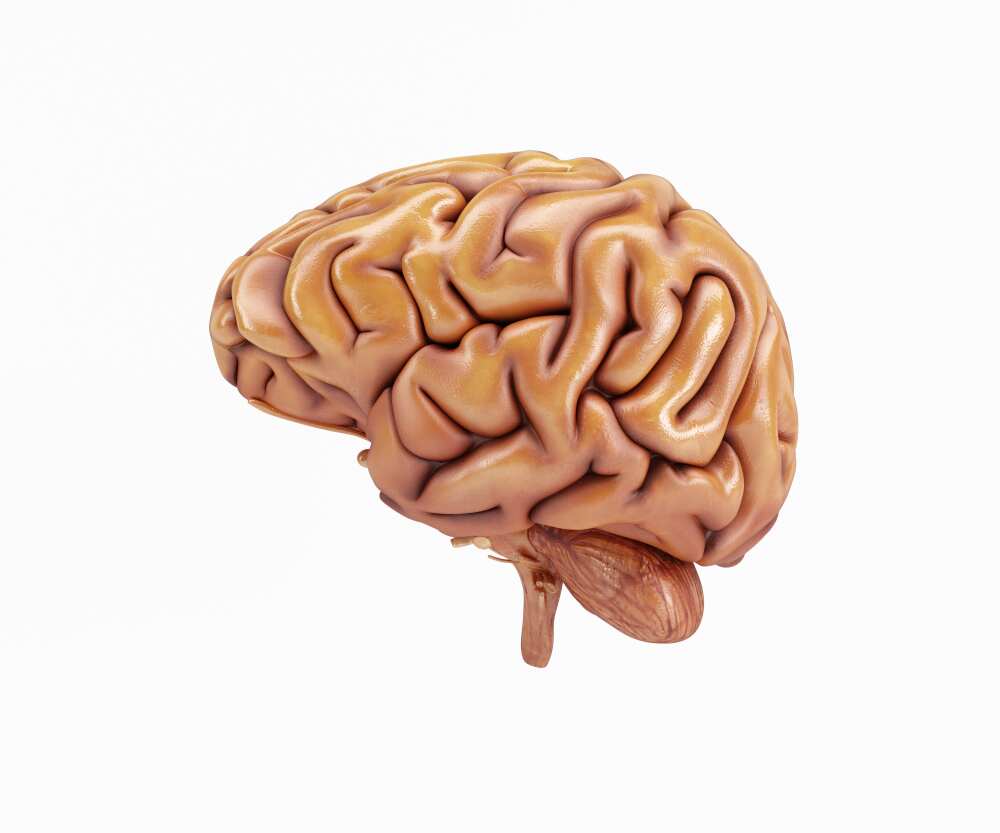World Brain Tumor Day is all about coming together to tackle a big healthcare challenge. It’s not just about spreading the word; it’s about getting down to work and making a difference.
So, buckle up and get ready to explore how with awareness and prevention, we can make a tangible difference in our lives and the lives of those affected by brain tumors.
A Look Back: The History of World Brain Tumor Day
World Brain Tumor Day, celebrated every year on June 8th, has a meaningful origin. It was started in 2000 by the German Brain Tumor Association (Deutsche Hirntumorhilfe e.V.), a group dedicated to helping brain tumor patients and their families.
They saw a need to raise more awareness about brain tumors and to fund research that could lead to better treatments. What began as a small initiative has now grown into an international event, embraced by people all over the world.
Why Is World Brain Tumor Day Important?
Brain tumors often don’t get as much attention as other types of cancer and health issues. World Brain Tumor Day is all about changing that. It’s a chance to educate everyone about what brain tumors are, the symptoms to look out for, and why early detection is so important.
The day is celebrated for following reasons:
- Supporting Research: The money raised during this time helps fund important studies that can lead to new treatments and, hopefully, a cure.
- Building a Supportive Community: This day brings together patients, families, doctors, and advocates. It creates a sense of community and support, reminding everyone affected by brain tumors that they are not alone.
- Sharing Knowledge: Medical professionals and organizations use World Brain Tumor Day to share the latest advancements in treatment and research. This information is crucial for improving patient care and outcomes.
- Honoring Patients and Survivors: Lastly, World Brain Tumor Day is a time to honor those who have been affected by brain tumors. It’s a day to celebrate the strength of survivors and remember those who have lost their battle. It’s a moment for reflection and renewed determination to continue the fight against this disease.
Discover the amazing story of Kimberley, a survivor of brain tumor, and how raising awareness is so important today.
World Brain Tumour Day: Kimberley’s story (thebraintumourcharity.org)
What Activities Can Trigger Brain Tumor?
Brain tumors are caused by a complex mix of genetic and environmental factors, and in many cases, the exact cause remains unknown. However, there are certain activities and exposures that may increase the risk of developing a brain tumor. Here are some potential risk factors:
1. Exposure to Radiation
- Medical Treatments: High doses of ionizing radiation, such as those used in radiation therapy for treating other cancers, can increase the risk of brain tumors.
- Environmental Exposure: Exposure to radioactive substances in the environment can also be a risk factor, although this is less common.
2. Family History and Genetics
- Inherited Genetic Mutations: Some brain tumors are linked to inherited genetic conditions, such as neurofibromatosis, Li-Fraumeni syndrome, and tuberous sclerosis.
- Family History: Having a family history of brain tumors can increase your risk, though most brain tumors are not hereditary.
3. Occupational Exposures
- Chemicals and Pesticides: Long-term exposure to certain chemicals, solvents, and pesticides, especially in industrial and agricultural settings, may be linked to an increased risk of brain tumors.
4. Mobile Phone Use
- Radiofrequency Radiation: There has been ongoing research into whether prolonged use of mobile phones increases the risk of brain tumors due to exposure to radiofrequency radiation. So far, the evidence is inconclusive, but it remains a topic of study and concern.
5. Immune System Disorders
- Weakened Immune System: Conditions or treatments that weaken the immune system, such as organ transplants requiring immunosuppressive drugs, can increase the risk of certain types of brain tumors.
6. Age and Gender
- Age: The risk of brain tumors generally increases with age, although certain types of brain tumors are more common in children.
- Gender: Some types of brain tumors are more common in men, while others are more common in women.
7. Viruses and Infections
- Certain Viral Infections: There is some evidence suggesting that certain viral infections might be linked to an increased risk of brain tumors. For example, the Epstein-Barr virus has been associated with an increased risk of primary central nervous system lymphoma.
8. Lifestyle Factors
- Diet and Physical Activity: While not directly linked to brain tumors, a poor diet and lack of physical activity can lead to overall poor health, which may increase susceptibility to various types of cancers.
Here’s how you can dive in and make a real difference:
- Spread the word: Share informative posts, graphics, and stories about brain tumors on social media. Let’s light up feeds with knowledge and support!
- Fuel Research: Donate to organizations leading the charge in brain tumor research. Every dollar counts toward breakthrough treatments and cures.
- Be a Voice: Advocate for increased funding and resources for brain tumor research and patient care.
- Lend a Hand: Extend a helping hand to those facing brain tumor battles. Whether it’s offering a listening ear or practical support, every gesture matters.
- Stay Vigilant: Educate yourself and others about brain tumor symptoms. Early detection saves lives!
- Join the Action: Participate in local events or virtual gatherings dedicated to raising awareness and supporting brain tumor patients and survivors.
- Share Stories of Hope: Amplify the stories of survivors and champions in the brain tumor community. Let’s inspire others with tales of resilience and courage!
World Brain Tumor Day FAQs
How is World Brain Day symbolized?
World Brain Tumor Day is symbolized by the color gray, most commonly known as gray ribbon.
What is the most likely cause of brain tumor?
The most likely cause of brain tumors is genetic mutations, either inherited or acquired, leading to abnormal cell growth. These mutations drive the uncontrolled division of cells, forming tumors in the brain.
Can a poor sleep cycle trigger a brain tumor?
Not necessarily. Some studies have suggested potential links between sleep disturbances and increased risk of certain cancers, but more research is needed to understand the specific relationship between sleep and brain tumor development.
Join Cure and Craft:
Calling all healthcare professionals, medical students, and writers! Share your insights, experiences, and knowledge on our platform. Let’s craft informative articles together, shaping the future of healthcare. Connect, inspire, and enlighten our audience.





